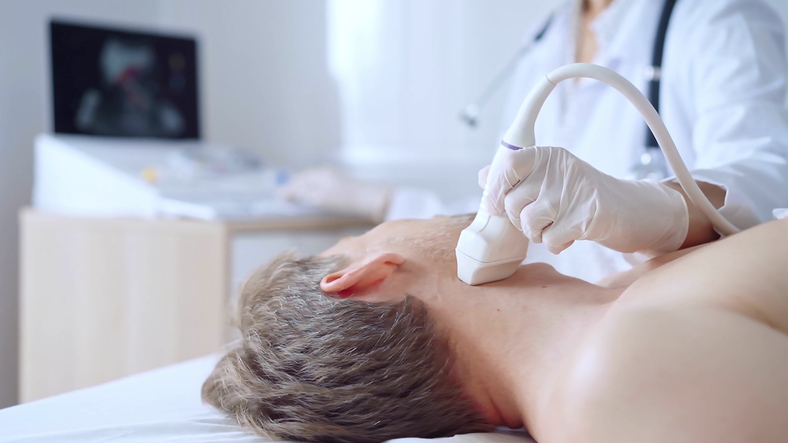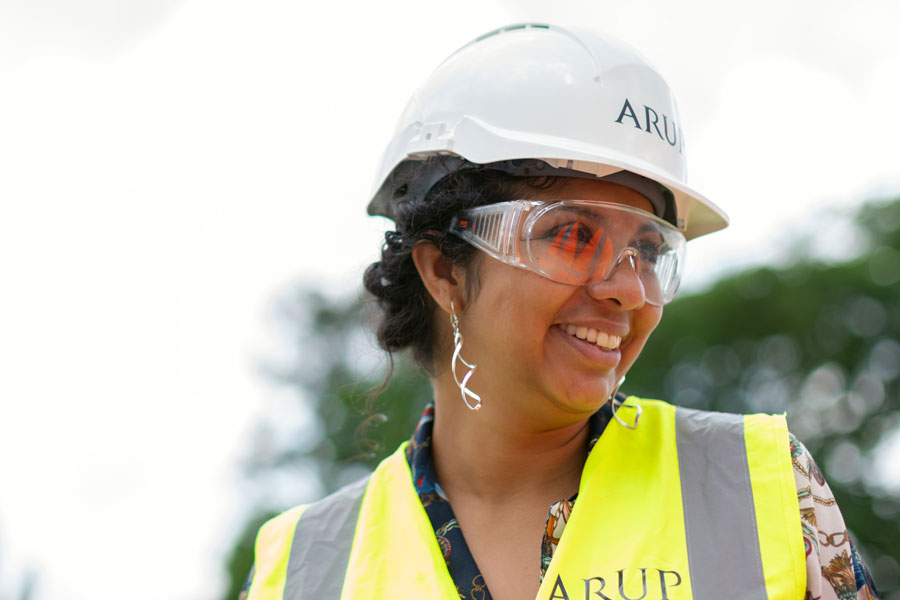Module - Negotiated Ultrasound
HMSU7070/7071 HMSU9070/9071
This module will equip you with skills and knowledge you need to practice in a negotiated area of ultrasound practice. For those already in possession of a CASE accredited ultrasound qualification (PGCert or above) who wish to expand their scope of practice this module can be taken as a single module for continuing professional development.
The overall aim of this module is to enable you to develop a thorough knowledge and understanding of the anatomy and physiology relating to a negotiated area of ultrasound practice and the theoretical principles and applications of the imaging techniques and any associated pathological conditions applied to this area.
The module is part of the MSc Medical Imaging (Ultrasound) programme, which is accredited by CASE (Consortium for the Accreditation of Sonographic Education), allowing you to practice ultrasound in the UK and some overseas countries, on successful completion of the programme. The module is not CASE accredited as a stand-alone module as CASE accredit programmes and not modules.

This module focuses on your contribution to the development of the service in your particular area of practice and as such the indicative content will be negotiated on an individual basis through the use of a learning contract.
We have adopted a ‘blended learning’ approach to teaching on the ultrasound programme combining online and (for some modules) campus based face-to-face delivery, and our modules are taught in block release. Your placement site must allocate you the required time to access the learning materials and tutorials and attend any campus-based teaching (if required within your individualised learning agreement) on the scheduled module dates/times.
This module may have an element of live virtual tutorial type sessions using Microsoft Teams, which you will be expected to engage with. You will need a suitable laptop or PC with speakers and a webcam and adequate internet access/broadband speed to work remotely on-line in a location that is best suited for you to learn, e.g. in a suitable quiet location at your placement site, or at home.
The delivery of your modules may vary from tutor to tutor, module to module, so please always follow the guidance of your module leader.
For IT issues, further details on our IT services can be found here: https://www.cumbria.ac.uk/student-life/facilities/it-facilities/
There is also some further information related to on-line study here on our website which you may find helpful:
https://my.cumbria.ac.uk/Student-Life/Learning/Resources/Studying-from-home/Online-Learning/
Depending on the area of negotiated practice this module may include an element of scheduled learning and teaching utilising the virtual learning environment and face to face learning and teaching activities.
The remainder of the module comprises self-directed study and placement-based learning.
How will this module be assessed?
There is one piece of formal academic (summative) work for the theory element of this module:
HMSU7070/HMSU7071
Case Study Project [weighting 100%]
The minimum mark of 50%, or above, must be achieved in this assessment item in order to pass the module
Plus...
HMSU9070/9071 Clinical Portfolio:
Clinical Pebblepad Portfolio
The clinical practice element is graded ‘Pass/Fail’
- This module is only available for stand-alone study, where applicants can prove underpinning relevant previous study, such as an existing CASE accredited ultrasound award from this or another UK academic institution or successful APL against the minimum core modules for PGCert.
- You must have organised and secured access to a suitable clinical placement, mentor, separate local independent assessor and patient case load for a minimum of 15 hours per week, for the duration of the module. If your placement is terminated for any reason, the university cannot assist you in finding another placement. If a suitable clinical placement cannot be found in these circumstances, you will be required to withdraw from the course.
- Applicants must complete a CEMU form to be submitted with their application. This must be completed in full with all required signatures (wet signatures only).
- Applicants should usually be eligible for registration by their respective UK professional or regulatory body e.g. Health & Care Professions Council (HCPC), General Medical Council (GMC), Nursing & Midwifery Council (NMC), College and Society for Clinical Vascular Science (CSVS) or Register of clinical Technologists (RCT). You will also need to provide one reference in support of your application, from the department offering a clinical placement who can confirm your suitability to train in ultrasound.
- Overseas students can only be considered if they are able to secure a suitable placement in the UK or Ireland. Regretfully the university are unable to assist in this process.
- You will usually be required to pass an element of pre-course assessment, carried out in the department sponsoring you. It is the sponsoring department’s responsibility to facilitate this assessment, and this will be carried out to ensure that you show an aptitude for ultrasonography. You will need to undertake a preliminary practical assessment to demonstrate the relevant psychomotor skills such as hand-eye co-ordination, pattern recognition and spatial awareness. The assessment will be of an informal nature, carried out by experienced practitioners in your clinical placement, who will then provide a written reference to confirm your suitability.
- Before being accepted onto the course, all applicants will be interviewed, usually by telephone. Interviewers from the course team will, amongst other attributes, be looking for a commitment to further study, an understanding of content and standard of the course and interpersonal skills.
- As part of the recruitment process, applicants may be assessed for their values using the core requirements set out in the Value Based Recruitment (VBR) Behaviour Framework as outlined in the NHS Constitution.
This course is available as part of a postgraduate degree
PgD Medical Imaging (Ultrasound) PgC Medical Imaging (Ultrasound) Medical Imaging Ultrasound full time MScLocation
Work-based
We are Cumbria’s University – enriching people and place. A place of and for our community. A place of possibility. A place where amazing journeys happen. With guidance and support. Where it’s safe to be brave, to be boldly you.
Find out more
Find out more about studying with us
Attend an Open Day at Cumbria
An Open Day is your opportunity to explore one of 5 campuses, meet your lecturers, and find out how the University of Cumbria could become your new home.






